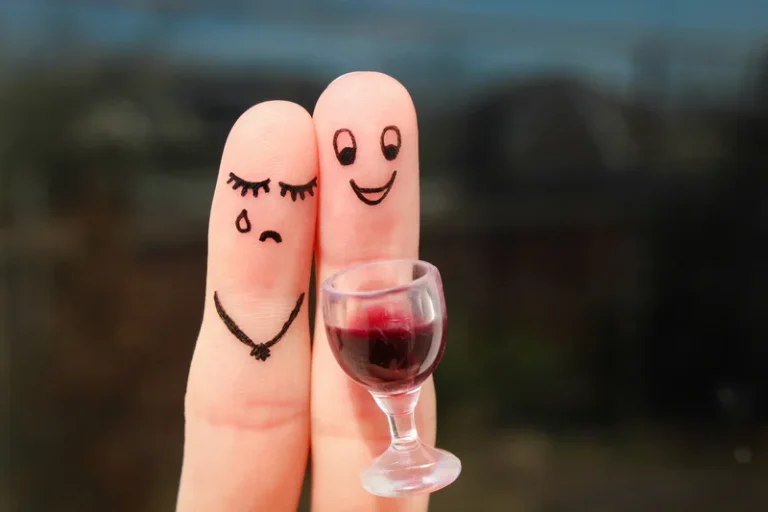
While 12-step programs like Alcoholics Anonymous (AA) can benefit your loved one, Al-Anon meetings are great resources for you. Like AA, Al-Anon is a mutual-help group for the loved ones of those who struggle with alcohol misuse. Attending meetings, which are held all over the world, allow you Hope House Boston Review to share your experience with others and find strength and hope from them and their experiences. Al-Anon can also help you set healthy boundaries. Additionally, seeking therapy, either as a family, by yourself, or both, can also help you navigate recovery with your loved one.
- If your loved one drank because of boredom, anxiety, or loneliness, for example, those problems will still be present once they’re sober.
- Binge drinking causes significant health and safety risks.
- If you’re seeking help for yourself or a loved one, our expert team is here to guide you every step of the way.
- They may not be in control of their own decision making.
- Has been helping alcoholics recover for more than 80 years.
Medical Professionals

A health care provider can look at the number, pattern, and severity of symptoms to see whether AUD is present and help you decide the best course of action. Show them that you are proud of them and will support them throughout their journey, including getting treatment or attending meetings and support groups. This usually also means educating yourself on their addiction andgetting support for yourselfas an impacted loved one. Continued support is vital for continued recovery.
Additional Resources
Most residential treatment programs include individual and group therapy, support groups, educational lectures, family involvement, and activity therapy. Your provider may also be able to suggest an online self-guided program. Such e-health tools have been shown to help people overcome alcohol problems. Your health care provider can help you evaluate the pros and cons of each treatment setting.

Educating Yourself on the Disease of Addiction

To this general and well-worn advice about grieving, I would add one exception. In rare cases, people may suffer an extreme and prolonged reaction to a loss. This is known as complicated grief, in which the sorrow continues without abating, leads to a preoccupation with the loss, and causes people to have trouble moving on with life. If you think you might be living with complicated grief, please reach out to a mental health professional to find help. Even if you cannot, at this moment, see a way forward without the person you have lost, you may be able to connect to someone else who makes that possible.
Signs your loved one is in denial
The important thing is to remain engaged in whatever method you choose. Brief Interventions are short, one-on-one or small-group counseling sessions that are time limited. The counselor provides information about the individual’s drinking pattern and potential risks.
- Have some concrete next steps for them to choose from, in case they’re ready to get help.
- Distance yourself from people who don’t support your efforts to stop drinking or respect the limits you’ve set.
- If you know someone who has successfully quit drinking, ask them for advice.
- It involves planning, giving consequences, sharing, and presenting a treatment option.
- While it may be difficult to practice tough love, it will be beneficial for the addict in the end.
- You can just sit and listen and learn more about recovery, or you can share about your situation.
Alcohol Rehab Aftercare and Ongoing Support

Many religious congregations also have volunteers who are happy to stop by and visit. If your loved one is living under your roof, you have leverage, Harrison says. But if the problem drinker is a son or daughter who is living with a spouse or partner, you might broach your concerns with the other person. If your adult child’s significant other is concerned, the two of you can talk about the best way to approach the drinking. During the conversation, people may want to explain the effects that the person’s drinking behavior is having on themselves and others. The help and support from partners, relatives, and friends are invaluable to a person with AUD.
What Are the Signs of Pancreatitis from Alcohol?

They may be able to provide guidance on the best ways to approach someone with AUD. If a person is worried that someone they know has alcohol use disorder (AUD), there are ways in which they can provide support. If you’re thinking about suicide, are worried about a friend or loved one, or would like emotional support, the Lifeline network is available 24/7 across the United States. You may be able to better compare your options by assessing whether and how the program or provider measures success. Given the diverse biological processes that contribute to AUD, new medications are needed to provide a broader spectrum of treatment options.
